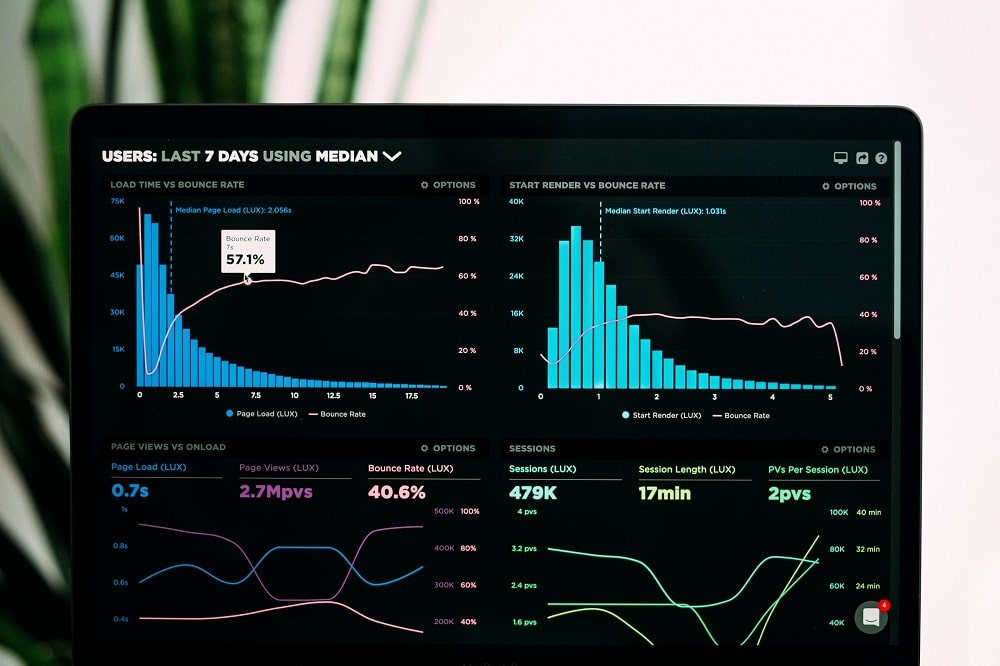Protect Sensitive Data With Key Security Practices
Data security is vital, particularly in highly-sensitive sectors like healthcare and finance. In fact, data breaches cost businesses $8.19 million each on average — up from just $3.45 million in 2006, Forbes report. Healthcare organizations, in particular, sustain costs 60% higher due to data breaches compared to the averages across all other industries globally. By taking care to protect sensitive data, businesses can ward off cybercriminals and protect their bottom line.
Identify sensitive data and classify it
Before you’re able to protect sensitive data, you need to know exactly what types of data you have and what should be classified as either sensitive or non-sensitive. To do this, your security team can create a data classification policy by assessing your data and organizing it into categories based on sensitivity. Ideally, data classification policies should have a minimum of three categories: restricted (the most sensitive data posing significant risk to your business if compromised with access severely restricted); confidential (moderately sensitive data posing some business risk if leaked with access restricted to the department with ownership over the data); and non-sensitive data (data posing no or virtually no business risk upon leak with access unrestricted).
Implement a data usage policy
In addition to your data classification policy, your business also needs a data usage policy outlining key issues, such as, who has access to data, the types of access available, and correct data usage. You should ensure access to sensitive data is strictly monitored with access privileges awarded to certain individuals. So, for example, necessary permissions may include full control, meaning an individual is allowed to take complete control of the data — whether that means storing, viewing, altering, deleting, and assigning privileges. Alternatively, other users may only be able to access data without the ability to alter or delete, while others are permitted to access and modify as needed. Punishments should also be implemented for any policy breaches. Moreover, a data privacy solution can provide you with a way to share data with other businesses without breaching privacy and data protection laws. For example, TripleBlind’s Mayo Clinic platform is HIPAA-compliant and encrypts data so it can be shared without ever being decrypted.
Use endpoint security systems
A solid endpoint security system is key to protecting sensitive data, preventing breaches, and warding off continual threats. For example, by installing anti-spyware software, you can protect your business from harmful spyware. Spyware software usually aims to install itself surreptitiously and gather personal data without the user’s knowledge. Similarly, antivirus software should also be installed on all computers, workstations, and servers. By performing regular scans, you can ensure your system’s in good health and remove any ransomware present. Firewalls are also essential for protecting sensitive data; they stop unwanted traffic from entering your networks, therefore giving cybercriminals less opportunity to access your data.
Data security is essential for business success. By identifying and classifying sensitive data, implementing a data usage policy, and installing effective endpoint security systems, businesses can protect sensitive data and their bottom line.

























